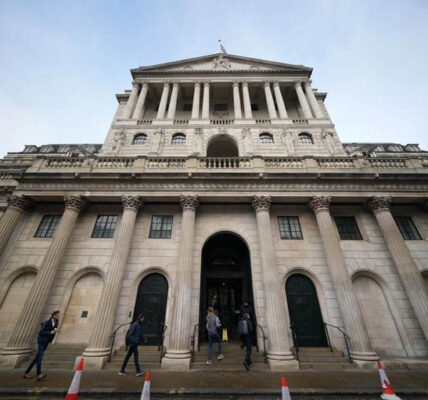Landlord Licence Costs England 2024: Understanding the New Fees and Regulations
Landlord Licence Costs England 2024 are rising as more councils impose selective licensing schemes. This blog explores the latest costs, variations, and implications for landlords across England.

Landlord Licence Costs England 2024: An Overview
Landlord licence costs in England have seen a significant rise in 2024 due to the growing number of councils implementing selective licensing schemes. According to a recent Freedom of Information request by Direct Line, landlords in these areas are now facing an average cost of £700 for obtaining a licence. This new trend reflects a broader effort by local councils to improve housing standards and property management across the country.
What Is Selective Licensing?
Selective licensing is a scheme that requires landlords to obtain a licence before renting out their properties. The aim is to ensure that landlords adhere to certain standards of management and maintenance. Councils implementing these schemes hope to improve living conditions for tenants by enforcing regulations related to safety and property upkeep.
Once granted, a selective licence typically lasts up to five years. However, councils have the discretion to issue licences for shorter periods. This licensing process often includes regular property checks to ensure compliance with safety and maintenance standards.
Variation in Licence Costs
One of the notable aspects of the selective licensing scheme is the wide variation in costs across different councils. For instance, Leicester City Council charges £1,290 for a licence, making it the most expensive. Other councils, such as Newcastle and Greenwich in London, charge £900 and £858, respectively.
The Growing Trend of Selective Licensing
The FOI request reveals a 10% increase in the number of councils with selective licensing schemes compared to 2022. Councils like Birmingham, Peterborough, Merton in South London, and Charnwood in Leicestershire have introduced these schemes in the past two years. This growing trend indicates a broader move towards regulating rental properties to ensure better standards.
Burnley Borough Council, for example, issued fines of up to £10,000 for breaches of licensing requirements. Councils raised a total of £2.5 million from fines last year, a significant increase from the previous year’s £1.4 million.
What Does a Selective Licence Require?
The requirements for obtaining a selective licence can vary depending on the council. Generally, landlords must meet specific safety and maintenance standards. This includes ensuring gas safety, conducting electrical installation checks, and having smoke and carbon monoxide alarms installed.
Landlords are also required to provide a floor plan of the property and a copy of the tenancy agreement. Additionally, there must be a “fit and proper person” overseeing the property. These standards are designed to ensure that rental properties are safe and well-maintained.
Penalties for Non-Compliance
Failing to comply with selective licensing requirements can result in significant penalties. Landlords who do not adhere to the regulations may face hefty fines or even prosecution. For example, Burnley Borough Council issued fines up to £10,000 for licensing breaches last year.
In total, councils in England collected £2.5 million from fines related to selective licensing in the past year. This is nearly double the amount collected the previous year. Waltham Forest and Middlesbrough have recorded the highest number of licensing offences in 2023 and continue to lead in 2024.
Selective Licence vs. HMO Licence
It’s important to differentiate between selective licences and licences for Houses of Multiple Occupation (HMOs). Selective licensing applies to most rental properties, while HMOs—properties with three or more tenants from multiple households sharing facilities—require a separate licence.
HMO licences typically involve more stringent regulations and higher costs compared to selective licences. These additional requirements may include fire safety measures and minimum room sizes. However, if a property already has an HMO licence, landlords do not need to obtain a separate selective licence.
Future Prospects for Landlords
Looking ahead, landlords may face additional costs and regulations. The proposed Renters Rights Bill, for instance, could introduce a mandatory property portal, adding further financial burdens. This central database would cover all landlords and their properties, potentially increasing administrative costs.
Sophie Lang from Propertymark and Simon Wood from Hamptons both highlight the need for a more consistent and simplified licensing framework. Such a framework could help reduce the financial and administrative burden on landlords while maintaining high standards of property management.
Conclusion
Landlord licence costs in England have risen significantly in 2024, reflecting a growing trend of selective licensing schemes implemented by local councils. With variations in fees and increasing penalties for non-compliance, landlords need to stay informed about the specific requirements in their area. As the landscape of rental property regulation continues to evolve, understanding these changes will be crucial for landlords to manage their properties effectively and avoid potential penalties.
ALSO READ:
“Offshore Tax Avoidance: 5 Shocking Ways Wealthy Elude Taxes”




